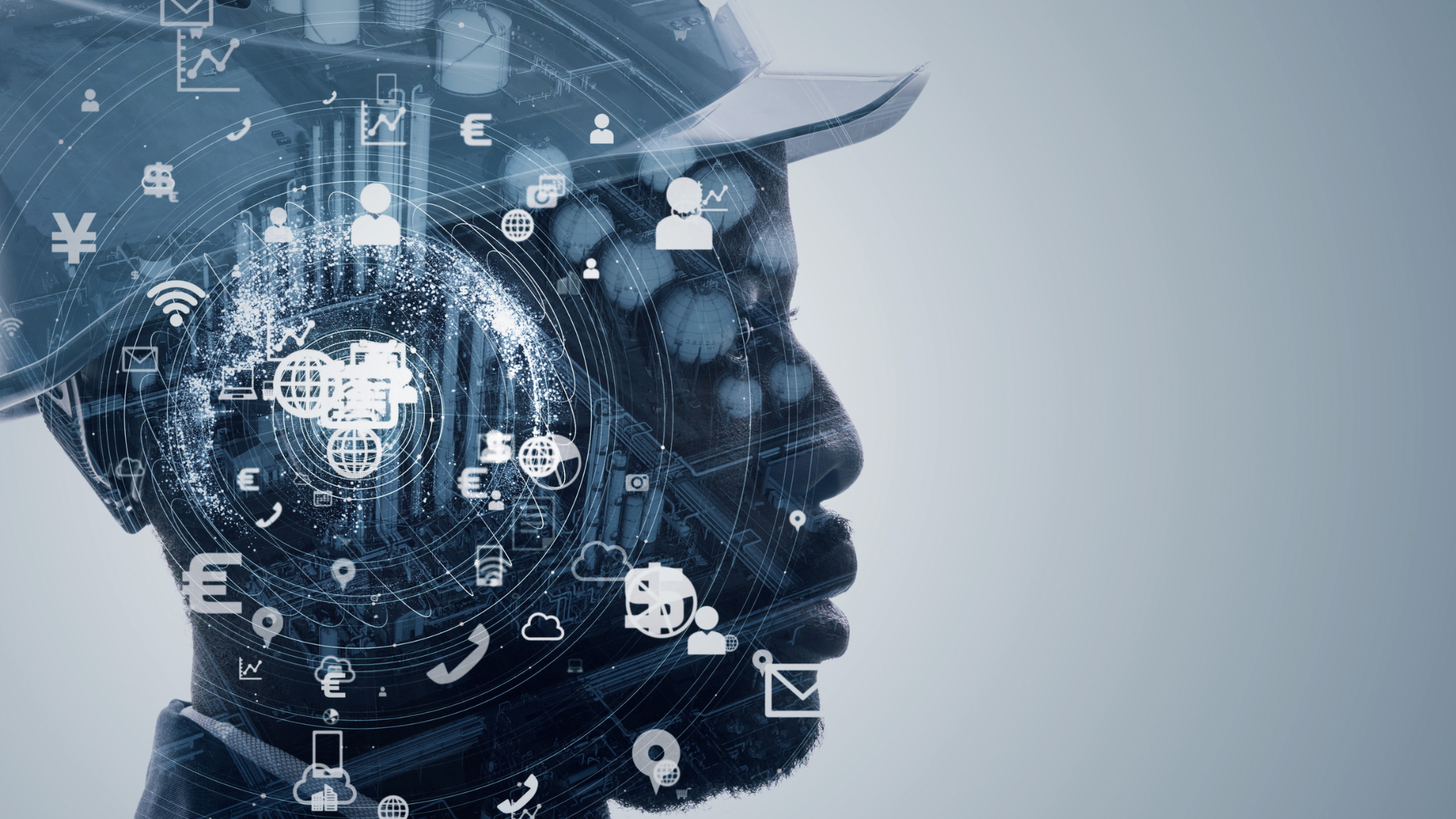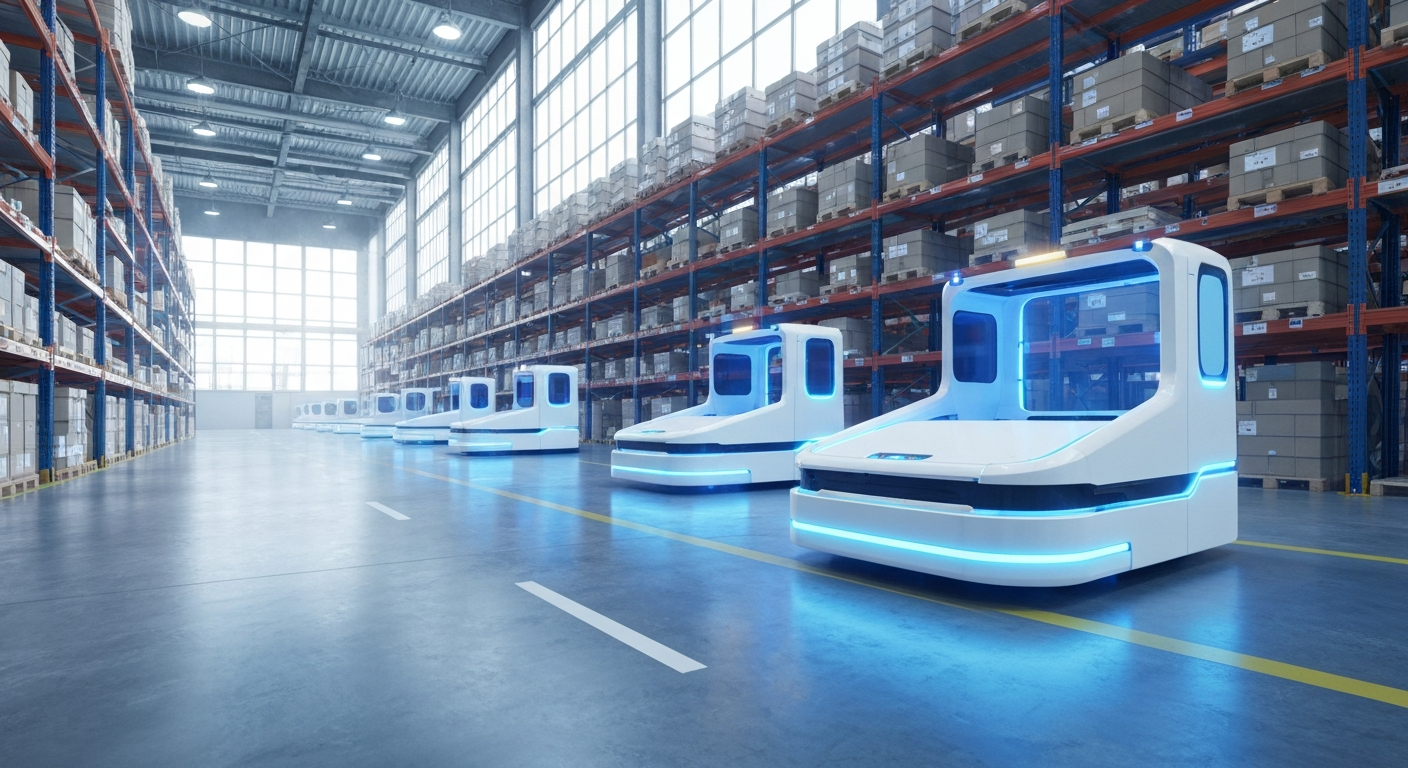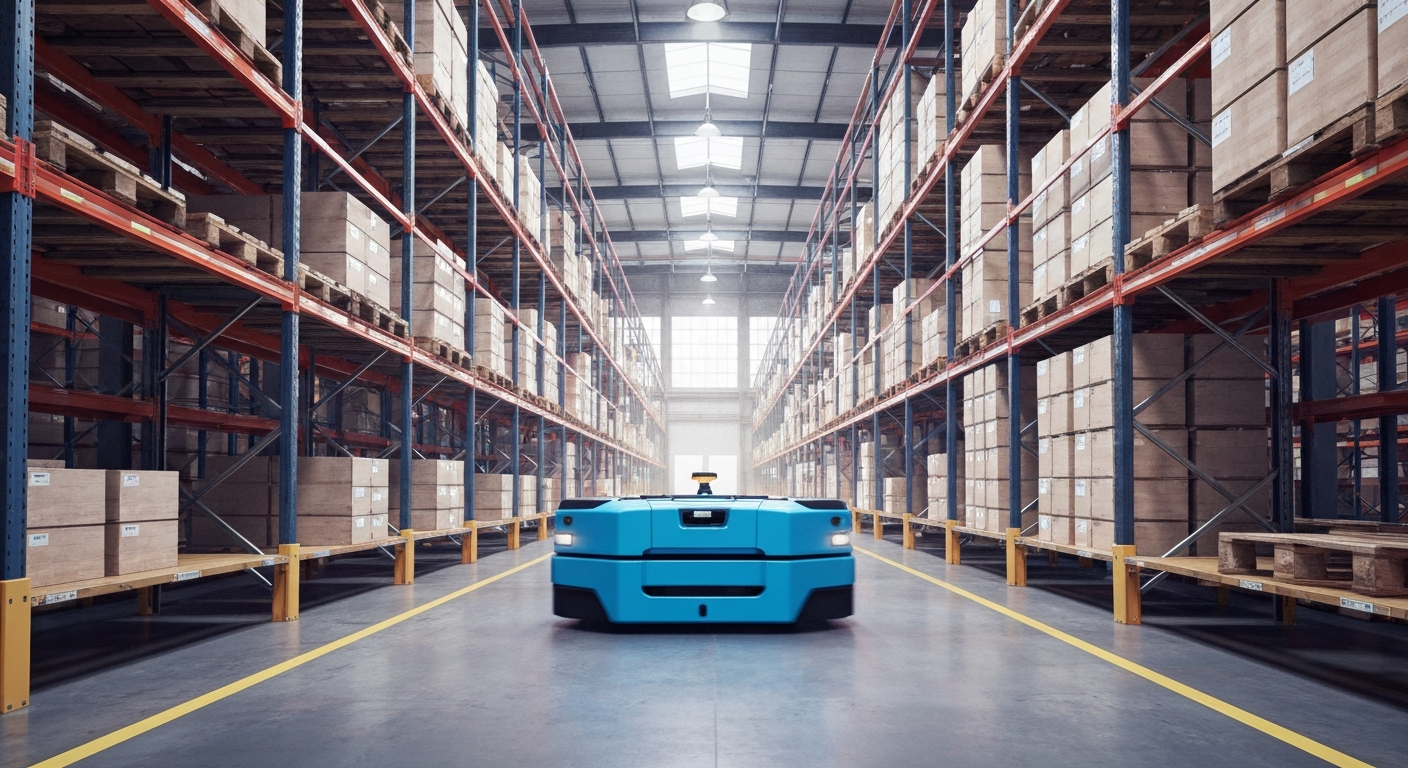What Is IR 4.0 Example?
What Is IR 4.0 Example?
The Fourth Industrial Revolution, often referred to as Industry 4. 0, is an ongoing and significant global transformation that encompasses the integration of advanced technologies into various industries and societies. This revolution primarily involves the utilization of digital innovations such as artificial intelligence (AI), machine learning (ML), internet of things (IoT), cloud computing, robotics, and big data analytics. By harnessing these cutting-edge technologies in a synchronized manner, Industry 4. 0 aims to revolutionize traditional industrial processes and enhance overall productivity, efficiency, and connectivity across sectors. It represents a paradigm shift towards more automated and interconnected systems that promote seamless communication, intelligent decision-making capabilities, and optimized resource allocation. This transformative era holds immense potential to not only reshape industries but also create new economic opportunities while addressing complex global challenges in an increasingly digitized world. It encompasses various emerging technologies such as artificial intelligence (AI), robotics, Internet of Things (IoT), big data analytics, and automation.
Key Impacts of the 4th Industrial Revolution
The Fourth Industrial Revolution, driven by technological advancements, has far-reaching impacts that possess the potential to significantly transform industries and economies on a global scale. This revolution is characterized by the convergence of digital technologies, such as artificial intelligence, robotics, big data analytics, and the Internet of Things (IoT), which are collectively reshaping traditional business models and societal structures. The profound effects of this revolution can be observed in various sectors including manufacturing, healthcare, transportation, finance, and beyond. As industries adapt to these disruptive innovations, they are presented with opportunities for increased efficiency, productivity gains, improved customer experiences, and enhanced decision-making capabilities. Moreover, this revolution has the capacity to bridge socioeconomic gaps by fostering inclusive growth and creating new job opportunities. It is imperative that businesses and governments embrace this paradigm shift in order to effectively navigate the challenges and harness the immense potential offered by the Fourth Industrial Revolution. These impacts include increased productivity and efficiency through automation, improved decision-making through data analytics, enhanced connectivity and communication through IoT devices, and the creation of new business models.

Industry 4.0 Books
In order to acquire a more profound and comprehensive comprehension of Industry 4. 0, there is a plethora of valuable literature available that extensively explores its intricate concepts, significant implications, and potential future developments. These books serve as invaluable resources for individuals seeking to delve into the realm of this transformative industrial revolution. By studying these texts, readers can enhance their knowledge and gain insights into the profound impact that Industry 4. 0 will have on various sectors and industries in the foreseeable future. Some notable books on this topic include "The Fourth Industrial Revolution" by Klaus Schwab, "Industry 4.0: The Industrial Internet of Things" by Alasdair Gilchrist, and "Industry 4.0: Managing The Digital Transformation" by Thomas Bauernhansl.
Advantages and Disadvantages of Fourth
When it comes to comprehending the various benefits and drawbacks associated with the Fourth Industrial Revolution, individuals seeking information in a PDF format or essay form will find a plethora of online resources at their disposal. These resources offer in-depth insights into all aspects of this revolution, enabling readers to gain a comprehensive understanding of both the advantages and disadvantages that arise from this transformative era. By accessing these digital sources, individuals can delve into the complexities of the Fourth Industrial Revolution and explore its profound implications for society, technology, and various industries. However, it is important to critically evaluate these sources for credibility and accuracy.
Industrial Revolution PDF
Unfortunately, obtaining an updated PDF on Industry 4. 0 in 2022 or a tailored summary of the key points of the Fourth Industrial Revolution specifically for that year may not be readily available. The availability of such documents depends on recent research publications or reports that are specific to the timeframe you are interested in. It is important to note that as technology and industries evolve rapidly, new information and insights emerge over time. Therefore, it would be advisable to consult recent research or reports from reputable sources to stay up-to-date with the latest developments in Industry 4. 0 and the Fourth Industrial Revolution.
Industry 4.0 PDF 2022
In a nutshell, Industry 4. 0 signifies a monumental shift in the functioning of various industries, as remarkable technological advancements pave the way for transformative changes on a global scale. This revolutionary era is characterized by the integration of digital technologies with traditional industrial processes, resulting in increased automation, connectivity, and data exchange. Industries across sectors are now embracing this paradigm shift to enhance productivity, optimize operations, and unlock new opportunities for growth in an increasingly interconnected world. Understanding its impacts requires exploring relevant literature such as books written by experts in the field while being mindful when seeking specific PDFs or essays related to advantages/disadvantages or summaries tailored for a particular year like 2022.



